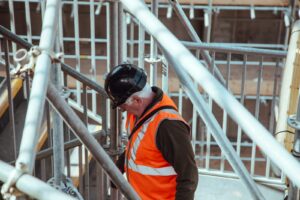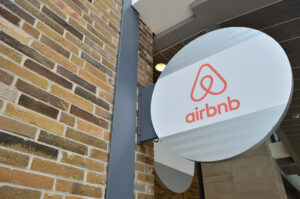 An innovative ‘housing first’ model to tackle homelessness has been recommended.
An innovative ‘housing first’ model to tackle homelessness has been recommended.
A report published by David Goldie of The Highland Council states that traditional models of homelessness services usually involve moving people through different temporary accommodation until they are considered to be ‘ready’ to take up a tenancy. Once in a mainstream tenancy, these people will often receive only short-term housing support.
This mainstream approach has been criticised for giving vulnerable people instability, making it harder for them to address their needs and creating a ‘snakes and ladders’ pathway to independent living.
The method proposed means people in need can be moved immediately into a tenancy while still being able to access support, bypassing the stages of temporary accommodation.
The housing first model is based on the premises that ‘housing is a basic human right, not a reward for clinical success’, and ‘once the chaos of homelessness is eliminated from a person’s life, clinical and social stabilisation occur faster and are more enduring.’
The scheme has been trialled in Glasgow, where people in need were placed directly into independent tenancies with no requirement to progress through traditional temporary accommodation.
Within tenancies, the approach to drug and alcohol use was based on harm reduction rather than full abstinence which is normally associated with traditional temporary accommodation. People were offered a choice of support, including tenancy management, budgeting, personal safety, cooking and food shopping. Peer support workers who had similar personal experiences also worked with people to encourage trust, friendship and engagement with local recovery services.
The report states that there were impressive results in Glasgow, although there were high running costs involved. It is hoped that the scheme could offer savings in the long term as it could mean councils relying much less on temporary accommodation in hostels, bed and breakfast and supported housing.
- Read the report here


















Leave a Reply